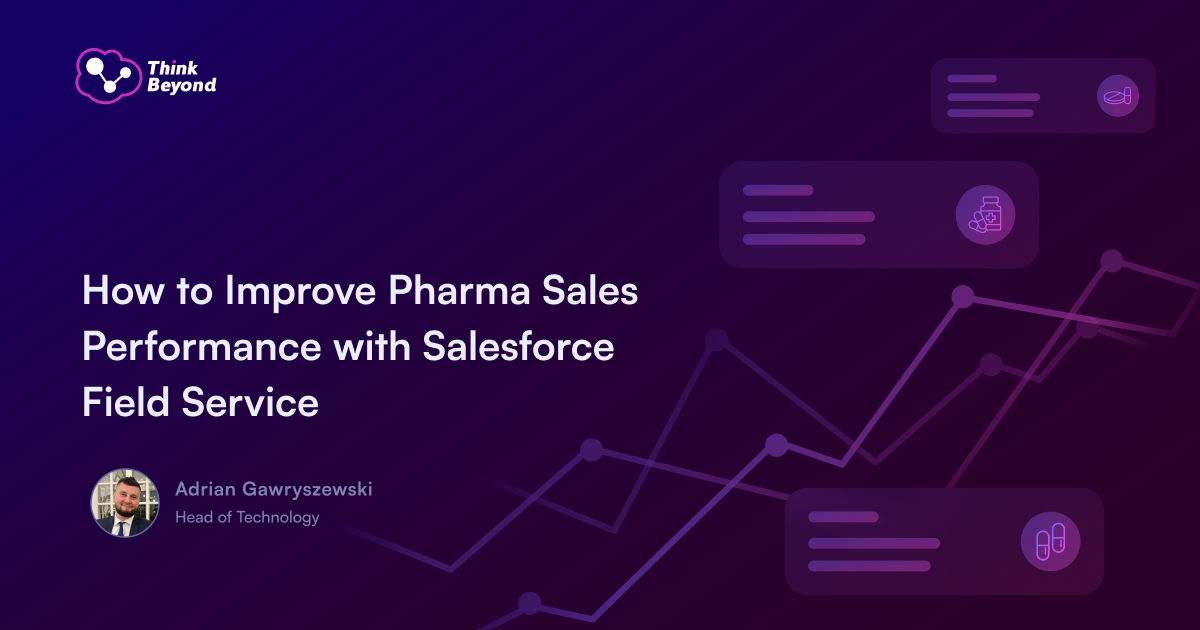Outdated and fragmented sales processes plague the pharmaceutical industry. Pharma companies now seek ways to boost their sales force efficiency as they face complex market conditions, tighter regulations, and longer drug approval processes. The global reduction in sales workforce and rising industry competition have pushed leaders to maximise their limited resources.
Salesforce Life Sciences Cloud platform incorporates Field Service capabilities to provide an end-to-end solution for life sciences companies. Sales teams can now combine their fragmented operations into a data-powered system that helps them stay ahead of the market. Field service organisations often struggle, with 40% facing skilled worker shortages and 37% dealing with outdated technologies. Field Service tackles these issues by automatically matching the right people to each job based on their skills, location, and availability.
Why Pharma Sales Needs a New Approach
The pharmaceutical sales world faces challenges that traditional methods can no longer handle. Sales teams need new solutions as industry pressures keep building up.
Fragmented Systems and Manual Workflows
Pharmaceutical companies run on disconnected data systems that hurt their sales teams’ performance. Studies show poor-quality data costs organisations nearly $13 million each year. Teams spend 80% of their analytics project time just getting data ready. Under seemingly well-organised systems lies a “spaghetti network” of databases, interfaces, and integrations.
This creates real problems. Teams waste time using multiple platforms for customer data. They burn resources building integrations. Their reports turn out to be inaccurate and miss business targets. Data updates take days or weeks after requests go in, which delays meaningful HCP interactions.
Limited Access to HCPs and Facilities
Pharmaceutical sales representatives face mounting challenges due to limited access to healthcare professionals (HCPs) and facilities. Over the past decade, the percentage of rep-accessible physicians has dropped sharply—from 80% in 2008 to less than 50% today. Increasing administrative workloads, time constraints, and the consolidation of healthcare systems have led to stricter access policies and reduced opportunities for face-to-face meetings. In many cases, doctors now prefer digital channels for receiving information, with 79% favouring online resources over in-person visits. These barriers mean reps often have only a few minutes with physicians, making it harder to build relationships and communicate the value of new therapies. As a result, pharma companies must adapt by integrating digital engagement strategies to maintain effective communication with HCPs
Compliance and Documentation Challenges
Pharmaceutical sales teams work in a heavily regulated field with complex rules like TCPA, CAN-SPAM Act, HIPAA, and FCPA. Breaking these rules brings serious risks, from fines to jail time and reputation damage.
Document-keeping rules have got stricter. The Department of Justice wants robust systems to store and produce documents during regulatory reviews. Sales teams must balance making money with following rules, since their pay structure might push them toward actions that regulators don’t like.
Teams must watch and improve their compliance programs. This adds another layer to pharmaceutical sales operations that can’t be ignored.

How Salesforce Field Service Solves Pharma Sales Challenges
Salesforce Field Service transforms pharmaceutical field operations by streamlining service delivery, enhancing compliance, and optimising resource management. For pharma companies managing complex tasks like medical equipment maintenance, clinical sample collection, or drug delivery, Field Service provides tailored solutions through these key features:
Real-Time Visibility and Smart Dispatch
Real-time visibility enables live tracking of field technicians’ locations, job statuses, and service progress. For pharma, this ensures timely responses to critical issues – like repairing diagnostic equipment in hospitals – while allowing dispatchers to reroute teams for emergencies (e.g., vaccine storage malfunctions).
Smart dispatch decisions use AI to assign technicians based on skills, location, and inventory. Example: Automatically dispatching a bioengineer to calibrate lab equipment instead of a general technician.
Mobile Enablement and Offline Access
The offline-mode mobile app lets technicians access work orders, patient histories, and protocols without connectivity – crucial for remote clinical trials or rural areas. Updates sync once back online, avoiding data loss.
Mobile resource library provides instant access to drug documentation, safety protocols, or device manuals during field visits, ensuring compliance.
Pre-Scheduling and Coordination
Field Service automates pre-scheduling for preventive maintenance (e.g., quarterly MRI calibrations) and coordinates multi-technician jobs. Example: Syncing a device installation with a pharmacist’s availability at a clinic.
Asset and Inventory Management
Track medical devices, vaccines, or lab supplies in real time. Alerts notify low stock levels, while barcode scanning logs usage during repairs. Example: Monitoring insulin pump inventory across warehouses to prevent shortages.
Work Order Management
Digitise end-to-end workflows, from creating orders for equipment repairs to documenting service completion. Example: A technician updating a work order after installing a lab analyser, attaching calibration certificates and photos.
Electronic Signature Capture
Capture legally binding signatures for deliveries, consent forms, or compliance checks directly on-site. Example: Sign-off for controlled substance handovers, with records auto-saved to Salesforce.
Real-Time Communication and Collaboration
Field teams message dispatchers or specialists via the app for urgent support. Example: A technician video-calling a pharmacologist to troubleshoot a drug-dispensing robot.
For pharma, Field Service cuts operational costs by 20-30% through optimised routing, boosts first-time fix rates with AI dispatch, and ensures compliance via digital trails. It turns reactive service into proactive patient support – critical in high-stakes healthcare environments.
Who Benefits from Salesforce Field Service?

Field Service creates waves of benefits throughout pharmaceutical organisations. It revolutionises how teams work together and brings value to healthcare professionals.
- Contact centre teams now have a complete view of their customers, which helps them serve more efficiently. They can access applicable information from centralised data to resolve cases on the first call. Patients no longer need to repeat information across departments.
- Dispatchers have moved away from manual scheduling spreadsheets to smart, automated systems. They can now allocate resources efficiently and find technicians with specific skill sets. An easy-to-use dispatch console gives them full, live visibility of mobile workforces. The system routes appointments based on territory, expertise, or clinical stage. This cuts down travel times and fuel costs. AI-based scheduling also helps get the most productivity from the workforce.
- Field representatives now use context-driven tools that improve their interactions with healthcare professionals. Fewer than half of HCPs are available to sales reps, which makes each interaction valuable. Representatives can prioritise activities across accounts with intelligent next-best-action recommendations for content and conversations. The mobile app works offline, so reps stay productive whatever their internet connection – crucial when visiting remote facilities.
- Healthcare professionals receive information that lines up with their clinical challenges at the right moment. Salesforce makes this possible through arranged experiences across field force, email, chat, and SMS. The system gives each HCP interaction a personal, timely, and relevant feel. It provides resources that speed up administrative processes and help improve patient care outcomes.

Transforming Pharmaceutical Sales Through Intelligent Field Service
Salesforce Field Service offers more than just immediate advantages. The platform has changed pharmaceutical operations through better maintenance scheduling, inventory control, and simplified processes. Teams can now solve complex problems through in-app messaging, while AI-generated guides speed up new employee training. These improvements have helped pharmaceutical companies reduce operational costs by 20–30% while delivering better service and customer engagement.
The solution’s intelligent automation, immediate data access, and smooth Salesforce integration deliver better results for companies, healthcare providers, patients, and other stakeholders involved.

